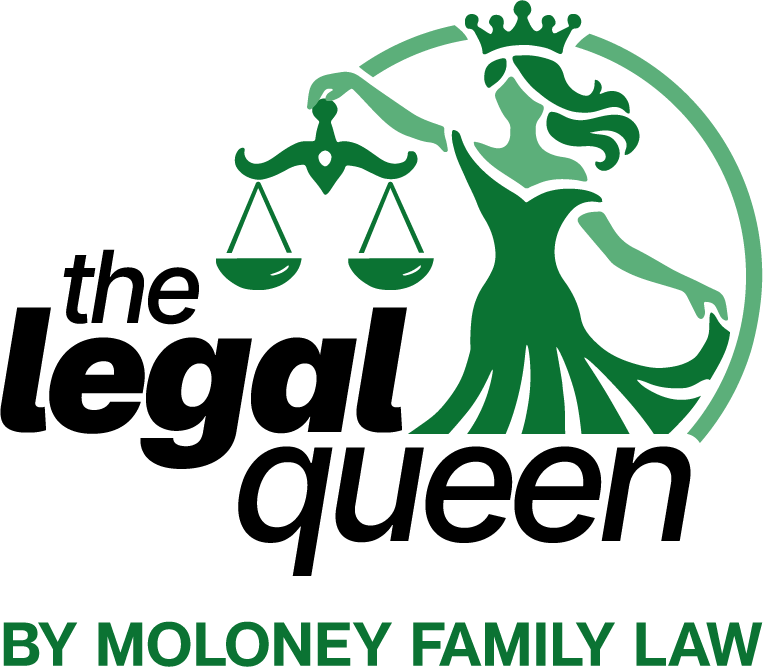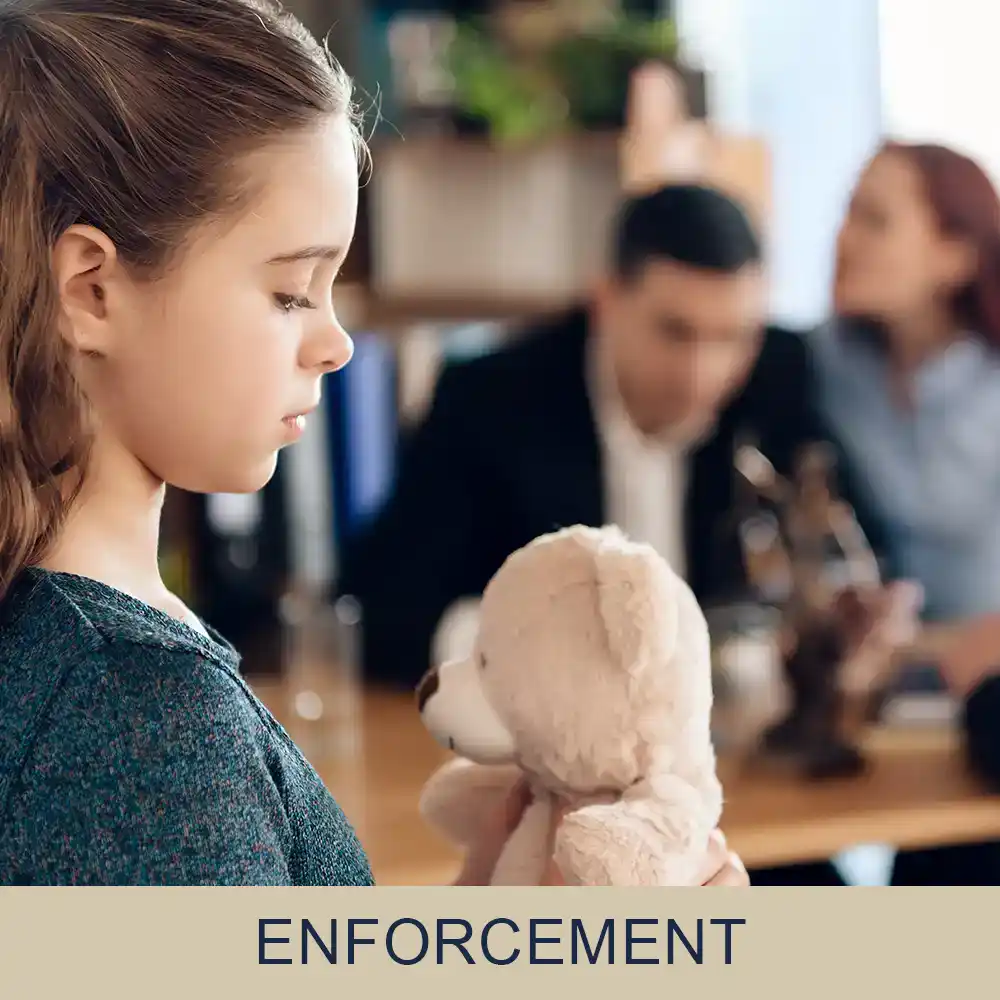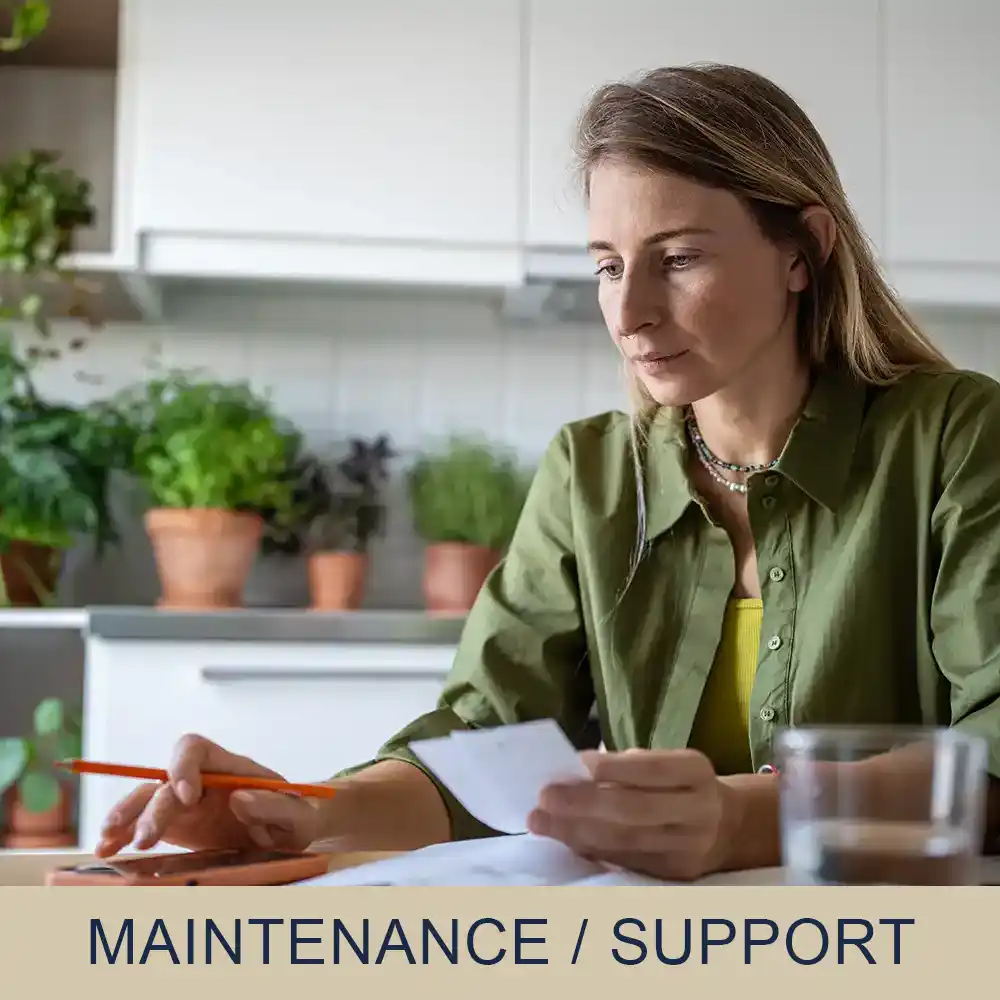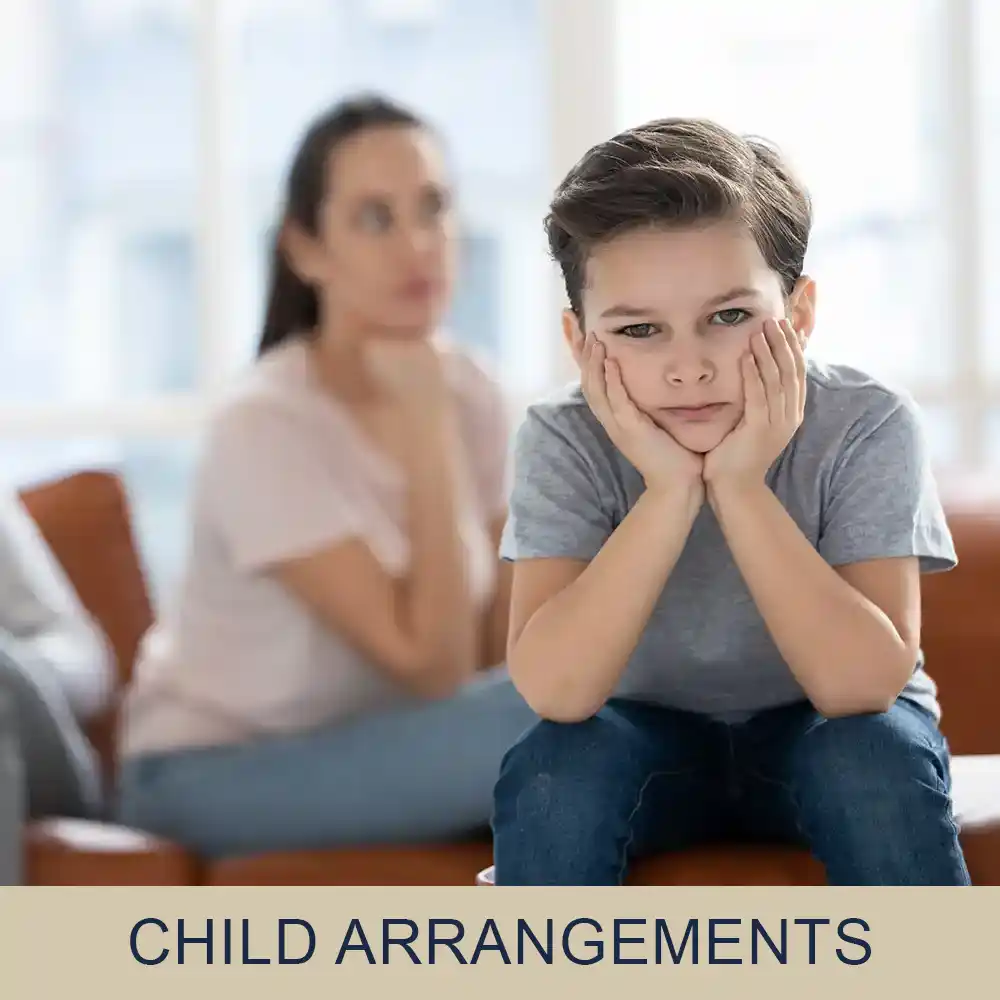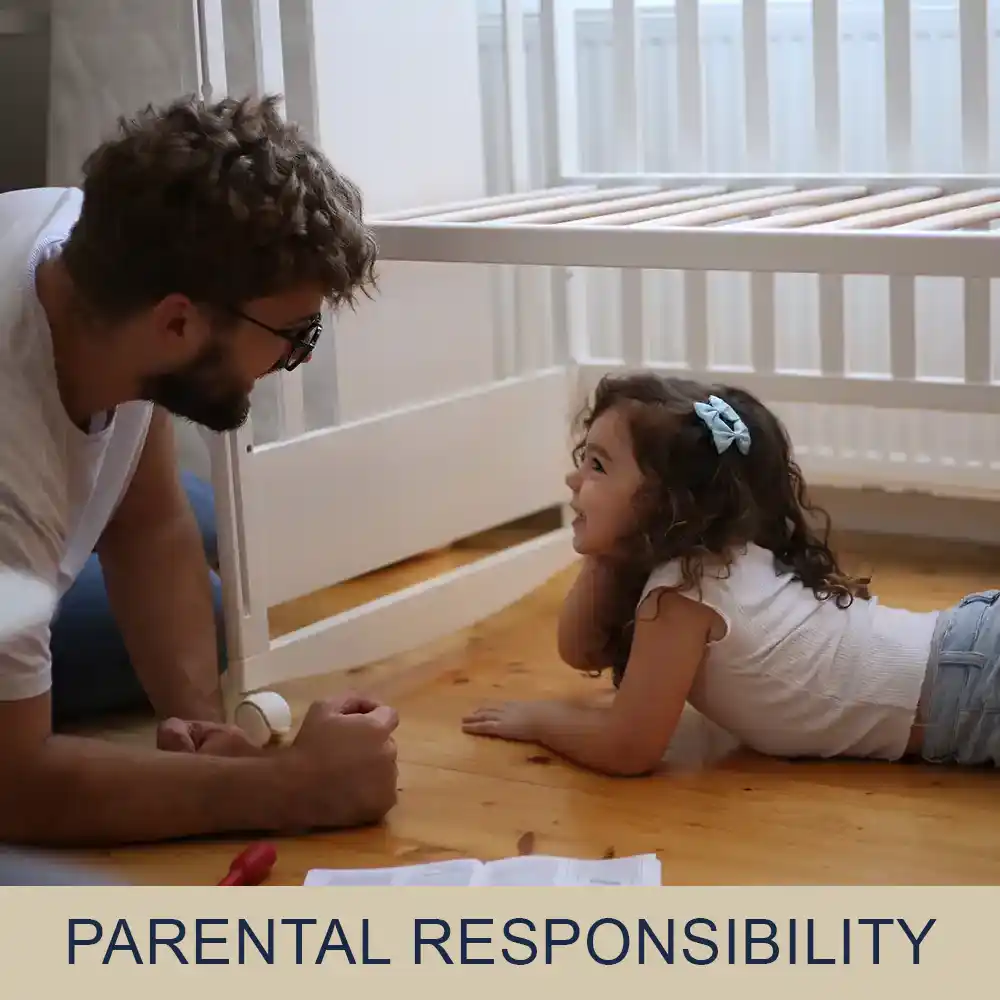Cohabitees
More and more couples in England and Wales choose to live together without getting married. However, contrary to popular belief, there is no such thing as a “common-law marriage.” This means cohabitees do not enjoy the same automatic legal rights as married couples. At Moloney Family Law, led by Tracey Moloney, we provide expert advice to help protect your interests, whether you’re moving in together, separating, or facing disputes.
Key Considerations in Cohabiting
- Cohabitation agreements to set out rights and responsibilities
- Property ownership and division on separation
- Financial claims for children under Schedule 1 of the Children Act 1989
- Disputes over contributions to mortgages or bills
- Protecting interests in jointly owned or solely owned property
- Inheritance rights and wills for unmarried partners
- Separation agreements to avoid future conflict

Detailed Guidance
Unlike married couples, cohabitees do not automatically gain rights to property, pensions, or financial support if the relationship ends. Legal protections must be proactively put in place.
At Moloney Family Law, we ensure cohabitees understand their rights, prepare clear agreements, and represent clients in disputes.
At Moloney Family Law, we guide you through:
- Cohabitation Agreements: A written agreement outlining financial responsibilities, property rights, and arrangements if the relationship ends.
- Property Rights: Disputes often arise when one partner owns the home. In some cases, the non-owning partner may claim an interest if they contributed financially (through what’s known as a Trust of Land claim).
- Children’s Needs: Parents who are not married can apply for financial provision for children, including housing and maintenance, under Schedule 1 of the Children Act 1989.
- Inheritance Issues: Without a will, unmarried partners may not inherit from one another, even after many years together.
We tailor our advice to your unique circumstances, balancing compassion with robust representation to protect your interests.
FAQs – Your Most Frequently Asked Questions about Cohabiting
Do I have any rights if my partner owns the house?
Possibly. If you contributed financially, you may have a claim under trust law, but this is complex and requires legal advice.
What is a cohabitation agreement?
A written contract between partners setting out how property, finances, and responsibilities will be handled during the relationship and on separation.
Can I claim maintenance from my ex-partner if we weren't married?
Not for yourself, but you may be able to claim financial support for children.
Do cohabitees have inheritance rights?
No automatic rights. Unless provided for in a will, an unmarried partner will not inherit.
Is "common-law marriage" recognised in the UK?
No, it is a myth. Unmarried couples have no automatic legal protection.
Case Studies
1. Cohabitation Agreement
A couple moving in together wanted to protect their individual assets. One owned the property, while the other planned to contribute to bills and renovations. We drafted a cohabitation agreement confirming ownership of the home remained with the legal owner, while contributions would not create unintended property rights. This gave both clarity and peace of mind.
2. Property Dispute After Seperation
A client who had lived with their partner for many years faced being excluded from the home after the relationship ended. Although not on the mortgage, they had contributed significantly to household expenses and improvements. We represented them in a claim under the Trusts of Land and Appointment of Trustees Act 1996 (TOLATA). The court awarded them a beneficial interest in the property, recognising their financial input.
3. Financial Provision for a Child
Following separation, a parent who had not been married sought financial help for their child. We applied under Schedule 1 of the Children Act 1989, securing a housing settlement and regular payments from the other parent. This ensured the child’s needs were met even though the parents had never married.

Client Comment
“Tracey and her team handled my financial matter with high professionalism and with a caring and friendly attitude. I always felt supported and informed, and the outcome was better than I expected.”
